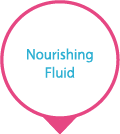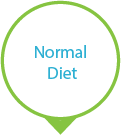
Transition Diet After Surgery
It is important to get adequate nutrition after surgery to support your recovery. Good nutrition has been shown to promote better healing, minimise the risk of complications as well as reduce the length of hospital stay.
Have you ever wondered how it is done and what to expect? Here are some tips for you from our dietitians.
Introduce Easily Digestible Food to Your Diet
You may experience difficulty in chewing or swallowing due to dental problems or weakness. Start eating gradually to relieve intestinal or stomach discomfort. You will be provided food/drink gradually as tolerated as shown below:
|
|
Water, Tea, Honey, Clear soup/ broth, Stained fruit juice, Glucose water |
|
|
Milk, Yogurt, Malted drinks, Chocolate drinks, Cream soup, Mushroom soup, Fruit juice without pulp |
|
|
Mashed potatoes, Tau Fu Fa, Custard, Pudding, Minced chicken/ fish, Blended/ Pureed food |
|
|
Porridge, White bread, Soft bun, Soupy noodles, Bite-sized chicken, Soft fish, Soft vegetables, Papaya, Banana |
|
|
Rice, Food with more texture, Chicken/ fish dishes |
*Nutrition support (e.g. oral nutrition support formula) will be provided if you cannot tolerate it orally.
Protein Source to Aid Healing

Fish

Chicken

Egg

Dairy Products
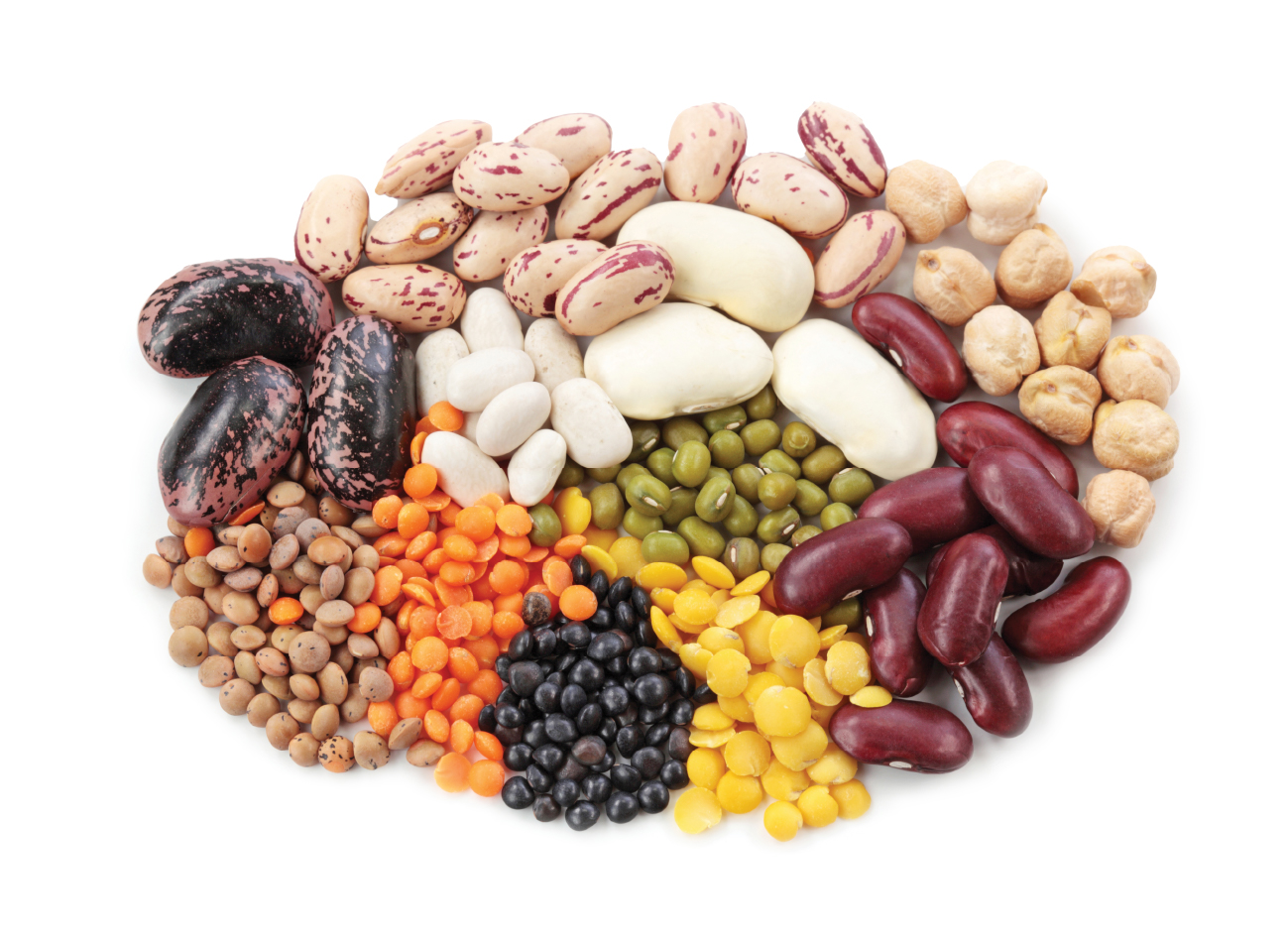
Nuts and Legumes
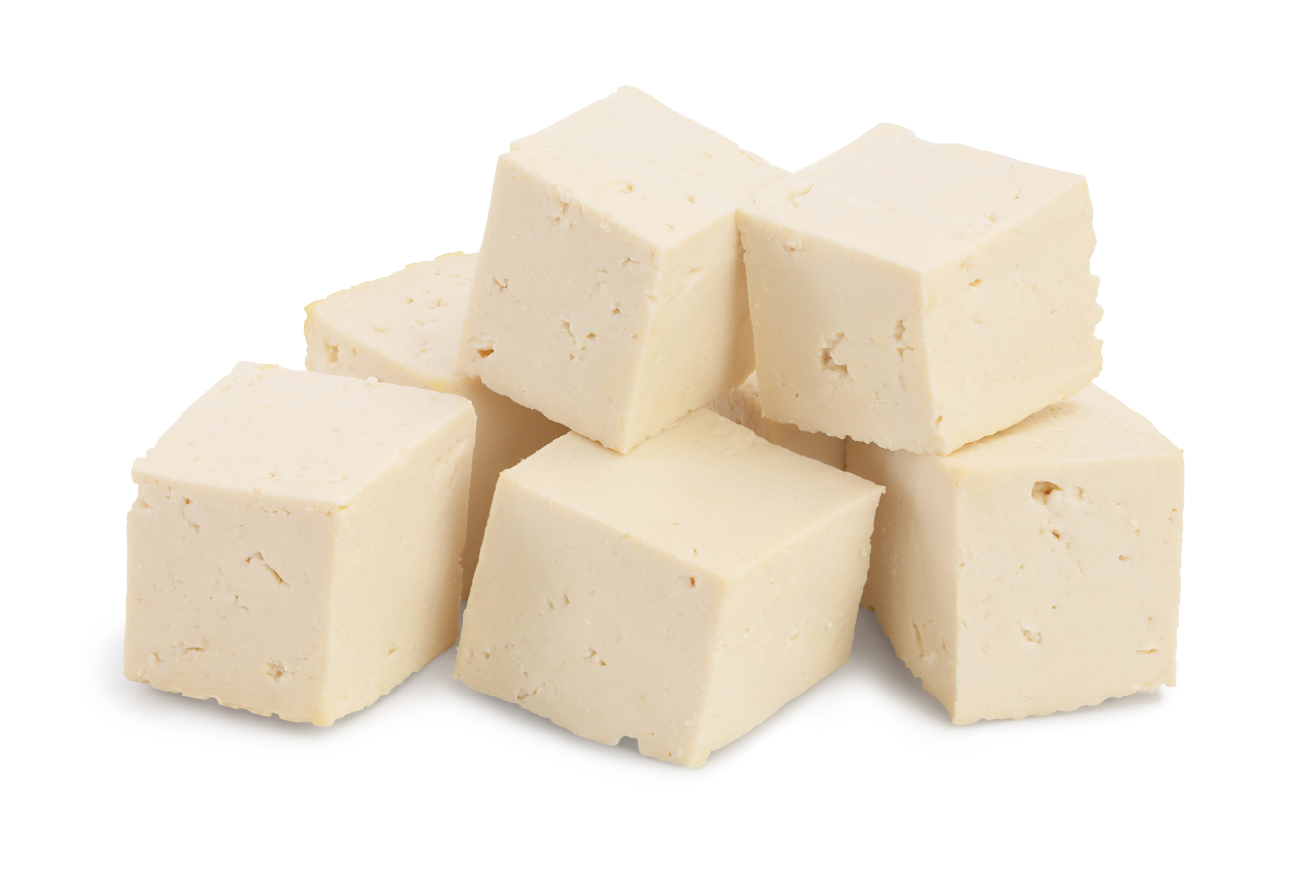
Soy Products
Vitamins and Minerals:
- Aid in the healing process
- Can be obtained by consuming a variety of fruits, vegetables and whole grains
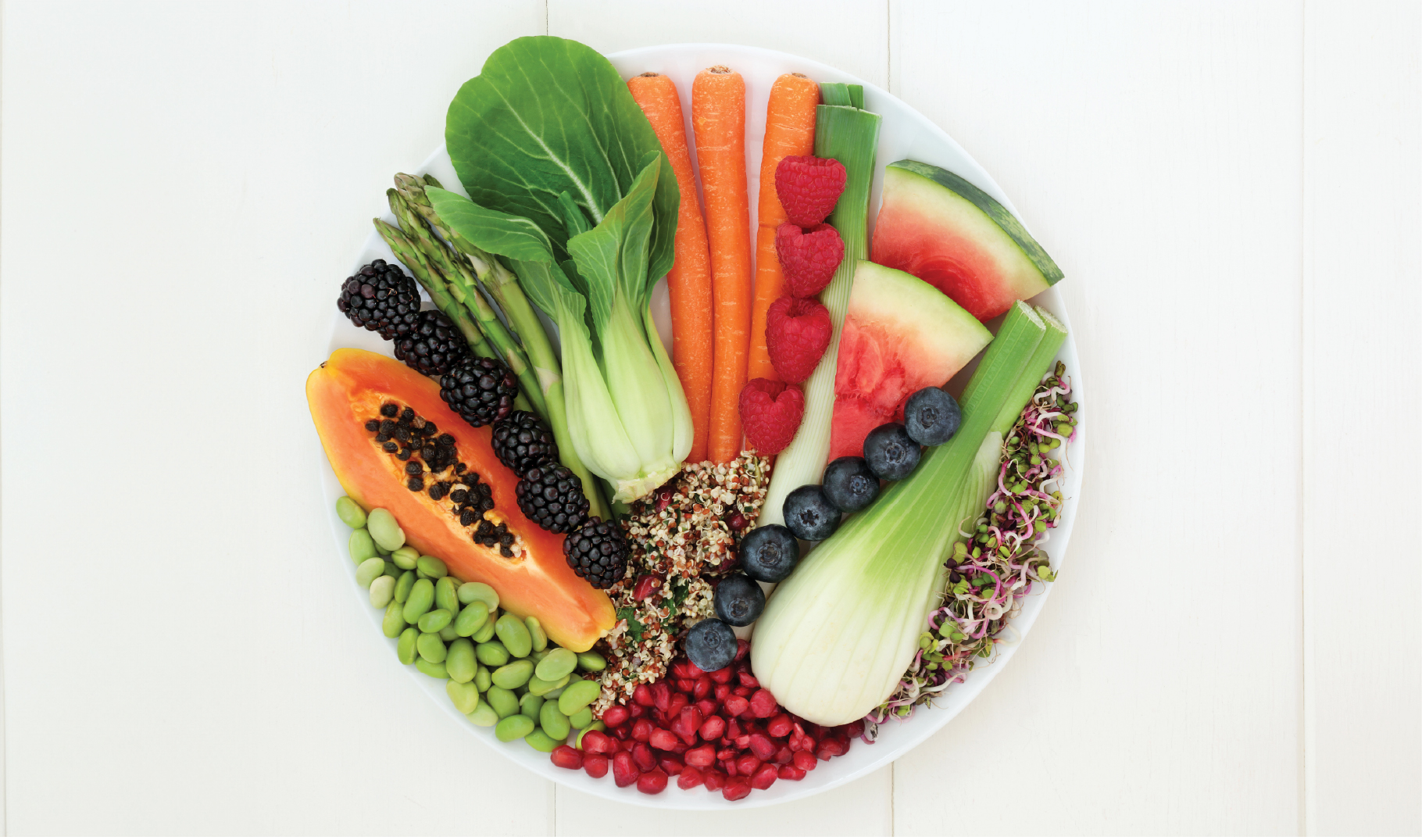
Stay Adequately Hydrated to Support Digestion and Recovery
| BENEFITS |
|
Increase Fibre-rich Foods Slowly to Prevent Stomach Discomfort
Fibre helps to prevent constipation, which often happens after surgery. Increase fibre intake gradually to prevent gas formation and bloating. Remember to drink enough water when you increase your fibre intake. Here are some examples of fibre-rich food sources
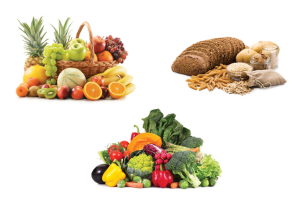
Manage Portion Sizes to Prevent Discomfort
As you gradually start tolerating your food, the portion size should also change accordingly. Avoid consuming more food than you can to prevent nausea, vomiting and stomach discomfort.
Early Detection is the Key

Health Screening Packages
From: RM880.00


